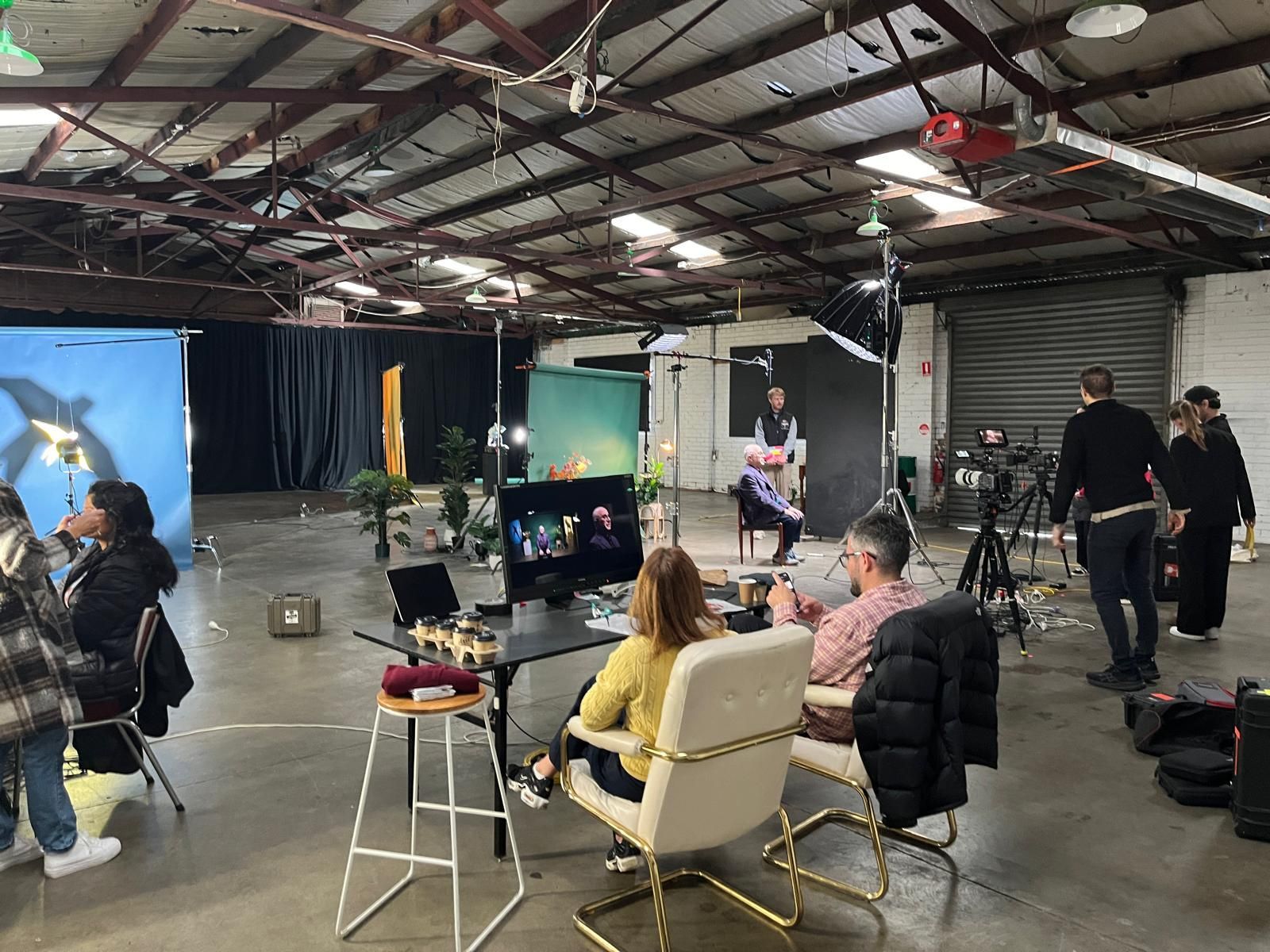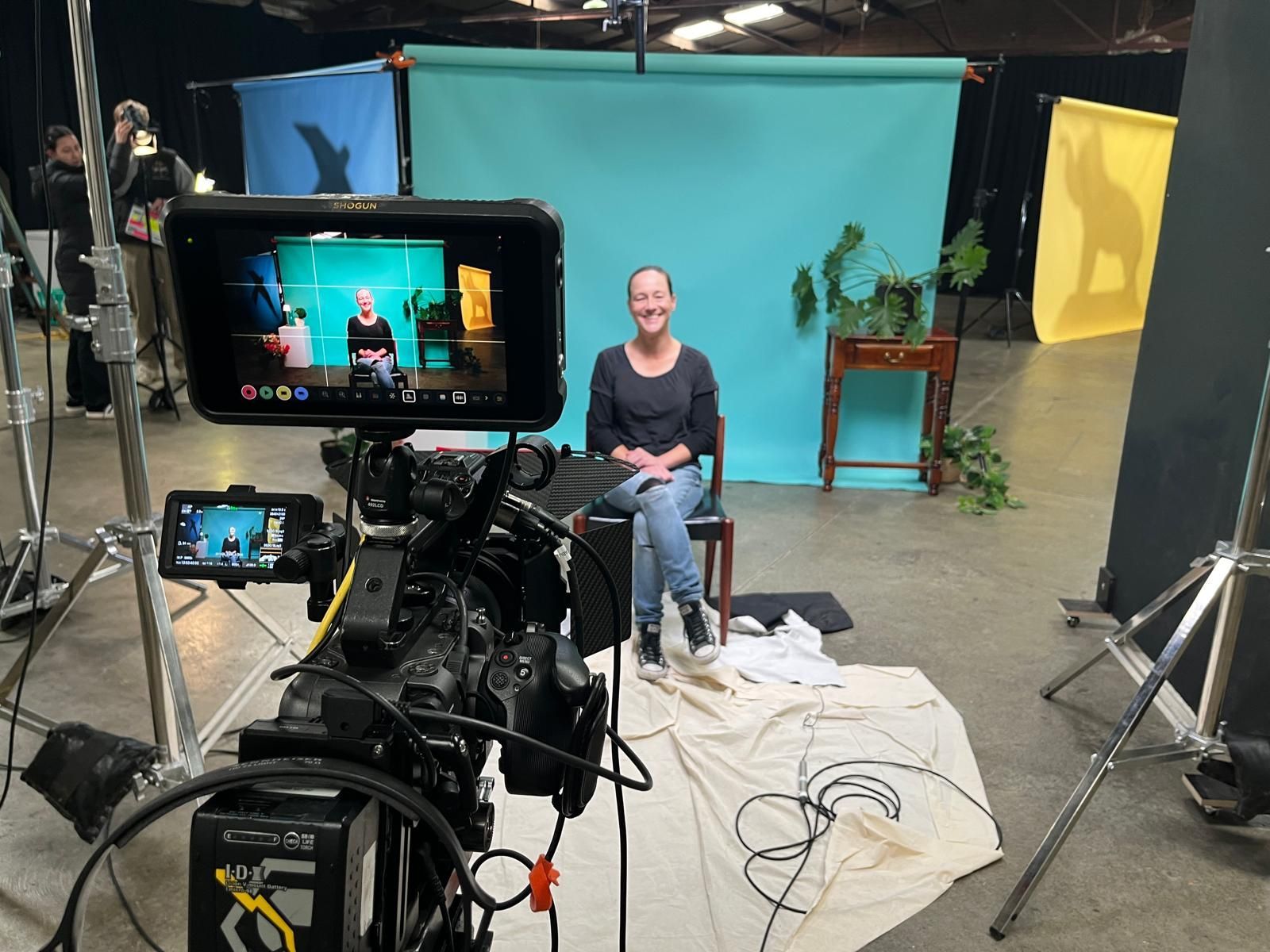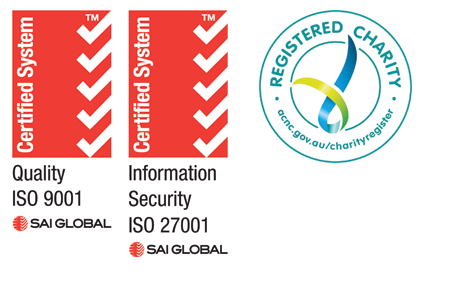The long road to behaviour change in alcohol and drug support
By Andrew Masterson
Many of NWMPHN’s projects have a comparatively narrow focus. Based on research from different sources, they identify a service gap affecting a particular cohort and then work with the community and the primary health sector to fill it.
Occasionally, though, it becomes clear that there is a bigger picture to be painted, and a more fundamental change to be sought.
Identified through our Health Needs Assessment and raised as a key concern members of our expert advisory groups, stigma and discrimination of people who use AOD is still distressingly common. It occurs in all kinds of health settings and is a core barrier, preventing people from receiving appropriate health care.
Indeed, this stigma is also embedded in organisational practices, regulatory and funding structures, and broader societal narratives.
Negative responses toward people with AOD challenges can seriously impact physical and mental health. Some people might delay or avoid contact with service providers following an unhelpful consultation. Others might experience emotional trauma after being stereotyped or, worse, refused service – amplifying negative self-image.
Much of this complex issue arises more from a lack of awareness and understanding than a lack of empathy. To find out more the NWMPHN team engaged Icon Agency, a national, independent, award-winning communications agency to conduct research, a behaviour change process and develop an awareness and communication strategy.
A comprehensive four-month research program engaged over 20 participants through more than 14 hours of interviews, focus groups and workshops. This was complemented by a review of academic papers and documents, consultations with NWMPHN’s Expert Advisory Groups, and insights shared by people with alcohol and other drug lived experience.
After initial internal workshops and planning, NWMPHN commissioned Icon Agency to conduct a months-long deep dive into how and when AOD experience percolates through the primary care system.
Key insights to surface included:
- Health care professionals working within aligned teams reported greater confidence and effectiveness compared to those attempting change in isolation.
- Reception, assistant and administrative staff manage most initial patient interactions while often having limited access to education about AOD.
- Reframing care through a strengths-based lens, focusing on building trust, supporting recovery, and empowering patients, can build workforce confidence and shift the mindset from fixing to supporting meaningful change.
The research identified 13 strategic themes that comprise a practical and comprehensive framework for strengthening person-centred primary care in the context of AOD-related stigma.
It also unpacked in an accessible way the fact that meaningful change can only happen when interventions align across systems – when team culture, practice environments, funding models, training, and patient engagement strategies all reinforce one another.
Stigma reduction cannot be approached as a one-off initiative. It must be a sustained process of embedding accessible, person-centred care throughout the primary care system.
The results of the research have already helped guide NWMPHN’s AOD team to better support primary care providers. This development is set to continue in 2025-26, encompassing a range of tools, resources and education for pharmacy and general practice.
Stigma reduction cannot be approached as a one-off initiative. It must be a sustained process of embedding accessible, person-centred care throughout the primary care system.
The results of the research have already helped guide NWMPHN’s AOD team to better support primary care providers. This development is set to continue in 2025-26, encompassing a range of tools, resources and education for pharmacy and general practice.
In May 2025 NWMPHN commissioned Melbourne filmmakers Jasper Picture Company to film interviews with 24 health providers, AOD and mental health leaders, as well as people with lived experience.
The interviews provide multiple perspectives on stigma and related issues.
Addressing stigma towards people with AOD concerns is an enormous challenge. Change won’t happen overnight, but, with skill and goodwill and teamwork, it will happen in time.
Check next year’s annual report for an update …

Pictured: NWMPHN staff and Jasper Picture Company on set in Coburg.




